Sue Lyon’s life began far from the bright lights of Hollywood. Born July 10, 1946, in Davenport, Iowa, she was the youngest of five children in a close-knit family. When Sue was just ten months old, her father passed away, prompting her mother to move the family first to Dallas and later to Los Angeles. These early moves shaped Sue’s resilience and gave her the adaptability that would later help her navigate the pressures of fame.
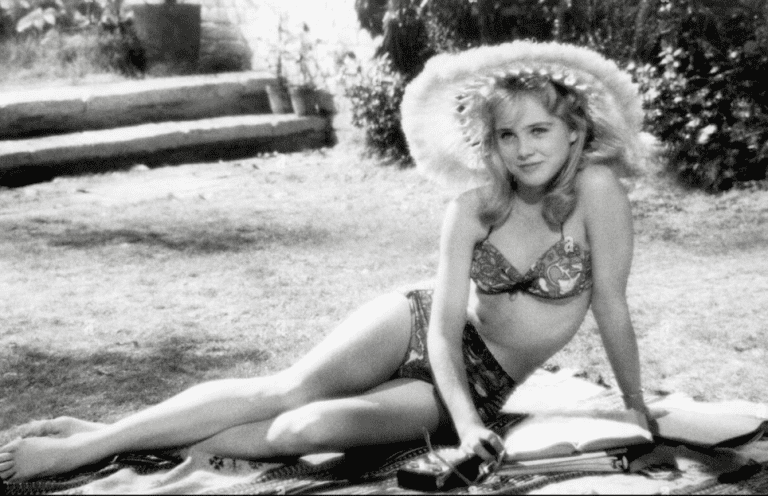
To help with family expenses, Sue began modeling at a young age and soon attracted attention for her natural confidence and fresh charm. Small television appearances followed, including roles on The Loretta Young Show and Dennis the Menace. Even as a teenager, Sue’s presence on screen hinted that she was destined for something extraordinary.
Video : The Messed-Up Life and Death of Sue Lyon (Lolita)
Breaking Barriers with “Lolita”
Sue Lyon’s life changed forever when she auditioned for Stanley Kubrick’s 1962 adaptation of Lolita. At only 14 years old, she was cast as Dolores Haze, nicknamed Lolita—a role that ignited global conversation. Kubrick and writer Vladimir Nabokov adjusted the character’s age for the film, yet the part demanded a remarkable balance of innocence and complexity.
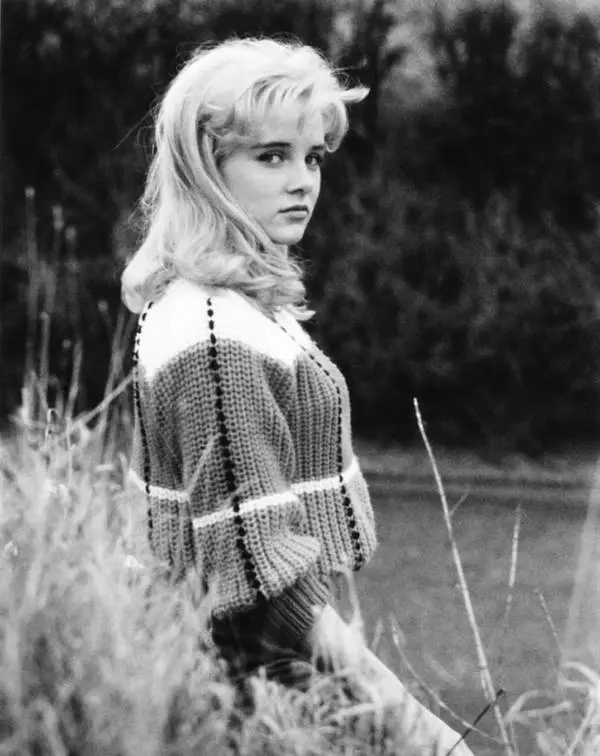
When Lolita premiered, Sue’s performance stunned audiences. She captured both the character’s youthful charm and a subtle, knowing presence—delivering a portrayal that critics described as daring and unforgettable. The film’s iconic poster, featuring Sue with heart-shaped sunglasses and a lollipop, became one of the most enduring images of 1960s cinema. For her remarkable debut, she received a Golden Globe Award for Most Promising Newcomer, even though she was too young to attend the premiere.
Hollywood Highlights of the 1960s
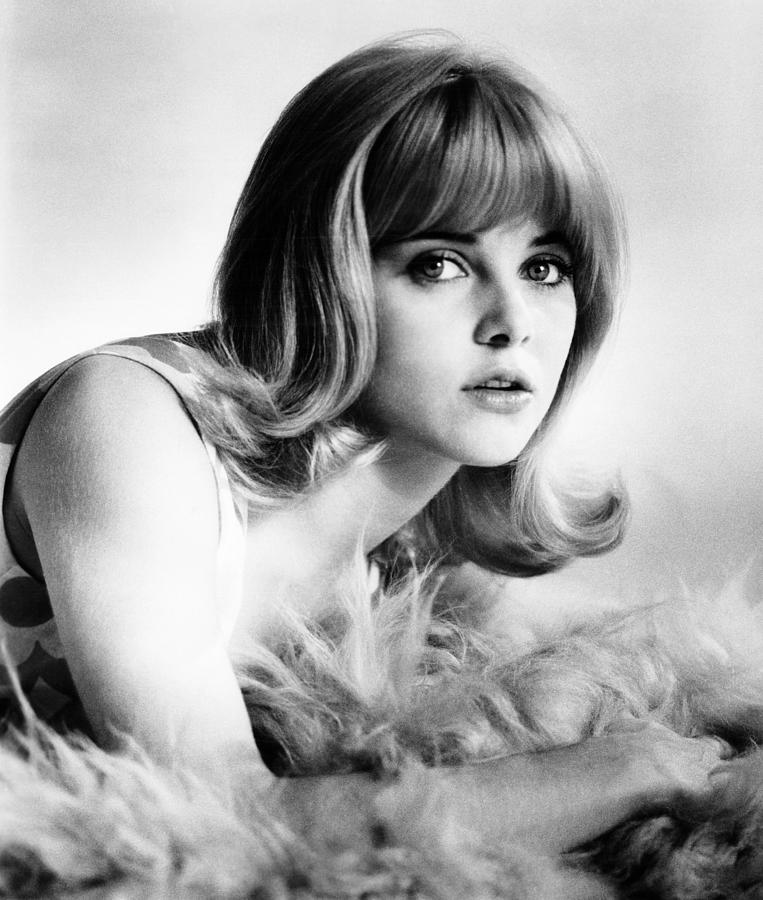
After Lolita, Sue Lyon proved she was more than a one-role wonder.
- In 1964, she starred opposite Richard Burton in The Night of the Iguana, where she portrayed a flirtatious teenager who complicates the life of a troubled minister. Critics praised her for combining mischief and vulnerability.
- She continued her rise with roles in 7 Women (1966), directed by John Ford, and the detective thriller Tony Rome (1967) alongside Frank Sinatra.
- Films such as The Flim-Flam Man (1967) and the western Four Rode Out (1969) showcased her ability to adapt to different genres and prove she was more than the iconic face from Lolita.
By the end of the decade, Sue had established herself as a versatile actress with a talent for moving beyond controversy.
Video :The Tragic Life of Sue Lyon: How Playing Lolita at 14 Ruined Her Forever
Challenging Roles in the 1970s
As Hollywood evolved, Sue continued to embrace challenging roles:
- In Evel Knievel (1971), she played the legendary stuntman’s wife with a quiet strength.
- In the Spanish-French thriller Murder in a Blue World (1973), she revealed a more sinister side to her talent.
Television also became a key part of her career, with appearances in dramatic TV movies like Smash-Up on Interstate 5 (1976). These projects demonstrated her ability to transition seamlessly between film and television while keeping her performances compelling and authentic.
Life Beyond the Camera
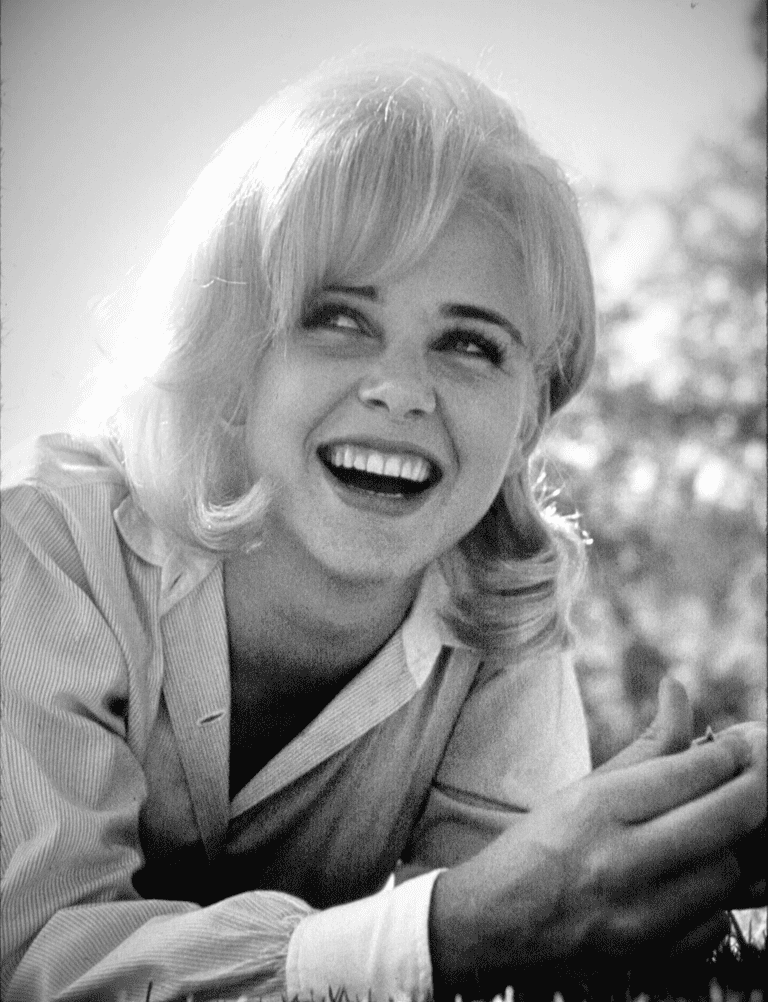
Sue Lyon’s personal life often mirrored the drama of her film roles. She married five times, beginning with writer Hampton Fancher when she was still a teenager. Later marriages included photographer Roland Harrison, with whom she had her daughter Nona, and a brief, highly publicized marriage to Cotton Adamson, a man who had served time in prison.
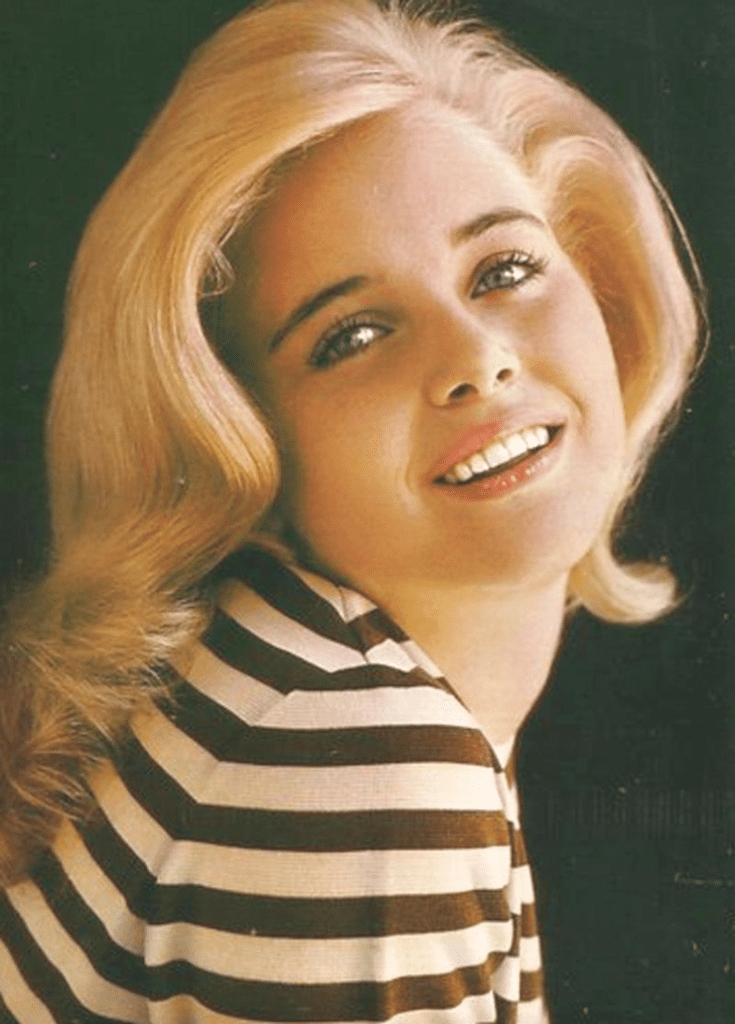
Despite media attention and personal challenges, motherhood became an important anchor for Sue. By the late 1970s, she chose to step away from Hollywood, preferring a quieter life that allowed her to focus on her family and personal happiness.
An Enduring Legacy in Film
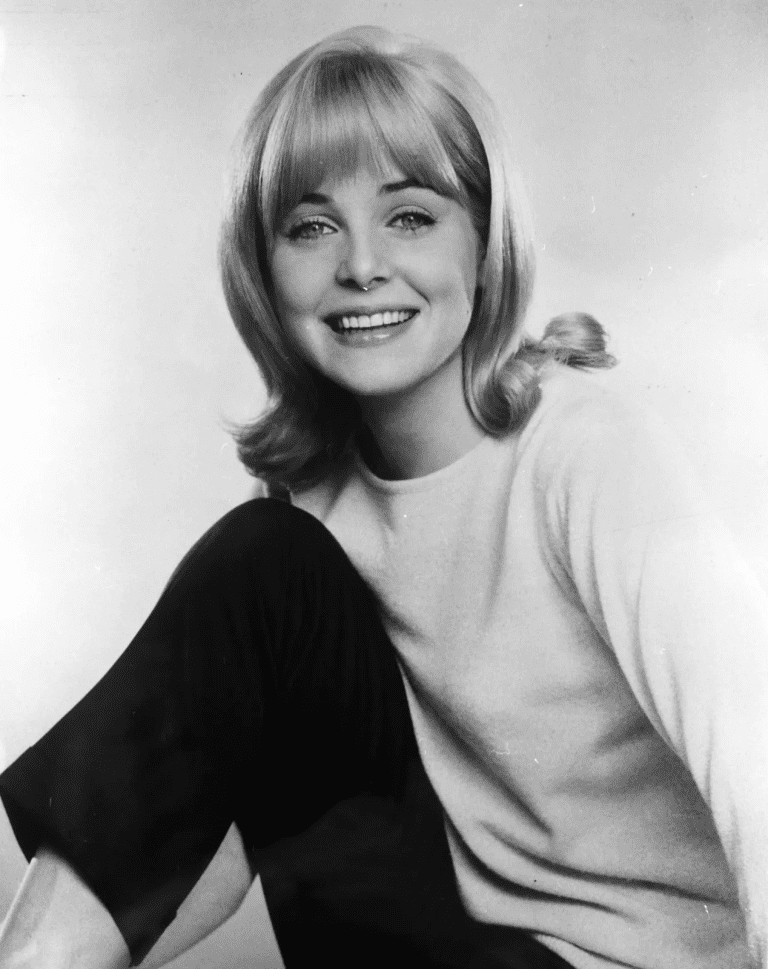
Sue Lyon officially retired from acting in the early 1980s, but her influence never faded. Her unforgettable portrayal of Lolita remains a subject of film study and critical discussion, representing both a daring performance and a defining moment in cinematic history.
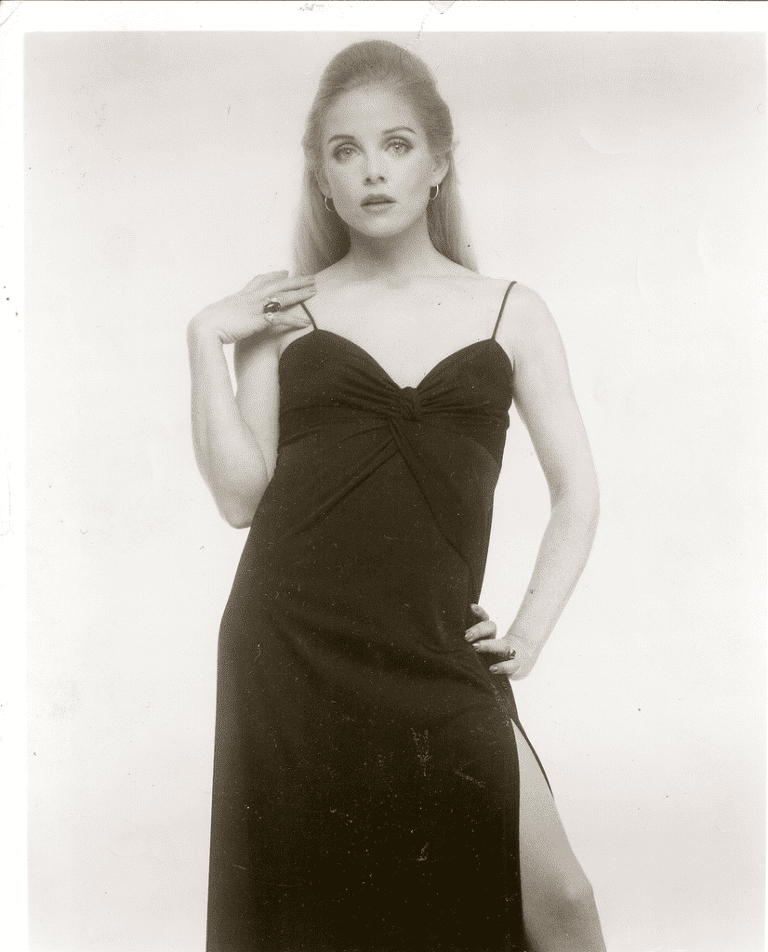
When she passed away on December 26, 2019, at age seventy-three, tributes poured in from around the world. Critics and fans celebrated her remarkable debut and the many nuanced performances that followed. Even in 2025, her image with heart-shaped sunglasses remains an iconic snapshot of 1960s cinema.
Conclusion: Sue Lyon’s Timeless Impact

From her modest Iowa beginnings to her meteoric rise with Lolita, Sue Lyon embodied courage and artistic brilliance. She proved she was far more than a teenage sensation, bringing depth and subtlety to every role she played. Decades after her passing, her work continues to inspire actors and filmmakers, reminding us that true talent leaves a lasting echo long after the lights of Hollywood fade.


